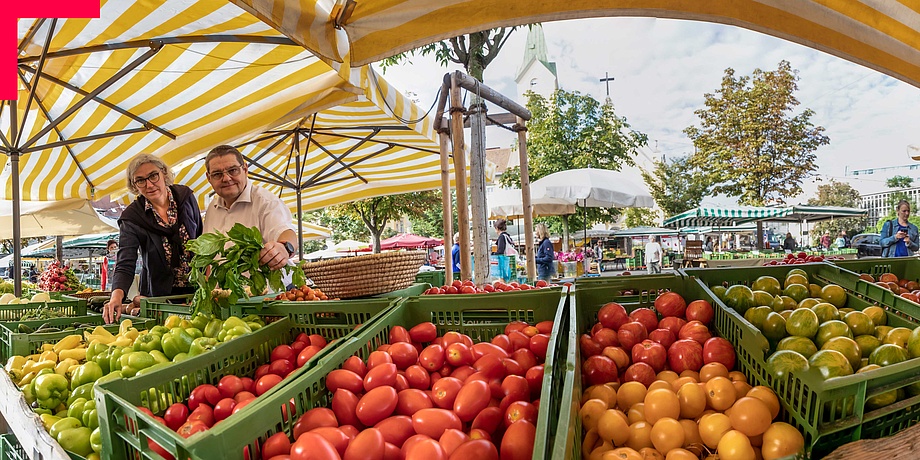"From a scientific point of view, we only distinguish between sweet, sour, salty, bitter and umami in terms of taste. Rather, it is the overall sensory properties that we perceive in food. This is because tigehey include not only taste, but also smell, appearance, consistency and acoustic impression," says Professor Barbara Siegmund, explaining the subtle difference. According to the food chemist, the term "flavour" is more comprehensive here. These sensory properties are essential in any case. Because what we as consumers don’t like, we don’t buy any more.
However, Wolfgang Thomann holds that we are influenced by fashion trends, among other things.
The producer of the Styrian gin "Aeijst" explains: "Gin is definitely a trend. We started at the time of the gin boom in Styria and with our classic gin, which is very purist, we hit the right note exactly.
We are currently launching a new variety called 'peat'. It’s called peat because for this variety the juniper is smoked over Styrian peat." In doing so, people orient themselves on previous varieties. “People like to drink what they’re used to. This is very positive for us because we’re already established in the market. People’s expectations of us is that this is again a good gin,” emphasizes the Styrian gin producer.
Chemistry: it's all about "how"
"We usually define quality by what we know," emphasizes Professor Erich Leitner of Graz University of Technology. The consumer starts out from his or her personal preferences and habits and judges the quality on that basis.
The sensory analysis, however, as it is done at TU Graz, must never be subjective: "In our sensory lab, it's more about the 'how'. What exactly does it taste like? And how strong? What does it smell like?" Fruity is not enough here as a definition – "smells like green apples" is exactly right. "It really is about clearly defined terms that our sensorily trained experts know and have to recognize. The associated training can be compared to learning vocabulary," says Barbara Siegmund. She was involved in setting up the sensory laboratory at TU Graz, supervises sensory training for people from food producing companies as well as for students in the faculties of chemistry and biotechnology.
However, analysis at TU Graz is not primarily carried out to identify quality. Mostly it's about uncovering secrets: "For example, we are contacted when something smells bad. We find out why a food or packaging smells bad, i.e. what is responsible for the so-called off-flavour," says Siegmund.
"We also understand food as complex chemical mixtures and all processes, such as roasting, frying, preservation, have an influence on these chemical substances," says Erich Leitner.
If you’re on the trail of an off-flavour, samples are instrumentally examined and trained noses of experts brought to bear: "If I can name the off-flavour using our vocabulary, for example in a wine tasting, then we as chemists know which compounds can be responsible for it and what we have to look for in the chemical analysis. Otherwise it would be like looking for a needle in a haystack," said Leitner.
Creatures of habit: it has to taste like it always has
Sometimes it’s a matter of tracking down the off-flavour in order to be able to prevent it. This could be, for example, replacing the cartons for temporary storage of the fruit. And sometimes it’s about preserving the original "taste" for consumers.
"If a company optimizes its production, this can have an impact on the food.
A producer of condensed milk, for example, once renewed their extremely old plant, with the effect that the end product tasted different from what people were used to. But they wanted the milk to taste the same as ever. Then it's a question of how to change production accordingly," says Leitner. This can even go so far that consumers do not appreciate the objective increase in quality. When coated cans were introduced onto the market and pineapple lost its "tin flavour", the reactions were not only positive.
With iGEM NAWI Graz, the natural sciences have an internationally successful team of students in the field of synthetic biology. Biological systems which are not found in nature in this form are created, and already known systems are improved and applied as creatively as possible.

Researchers at TU Graz are looking for solutions to the burning problems of the present. What topics are currently on their radars and what you can study to change the future, you can find out on TU Graz screenshots.
